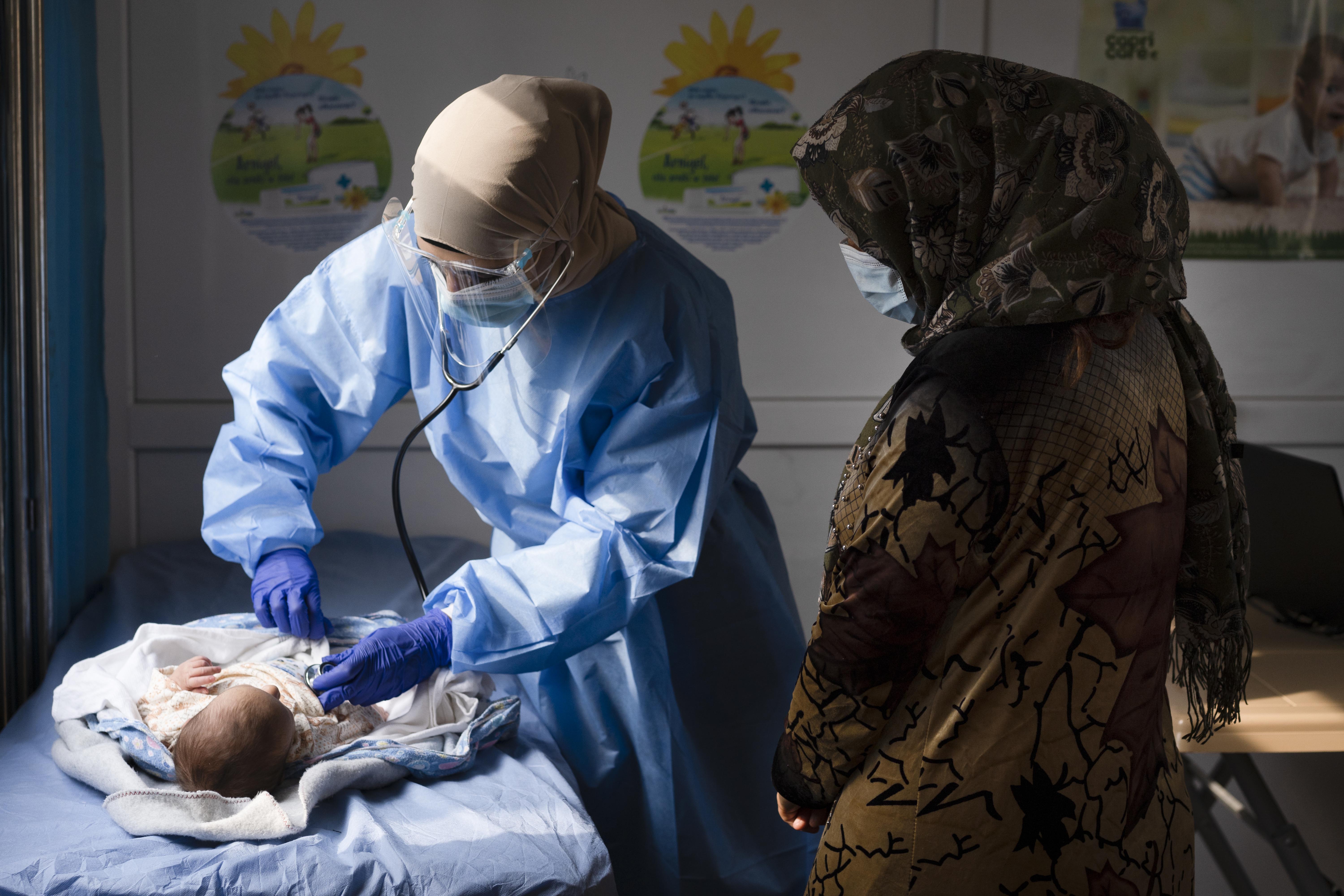Health care in Baharka, Harsham and Qushtapa camps in Erbil governorate
16.11.2020
The aim of the project “Medical and dental help for refugees, displaced persons and local communities in Erbil governorate” is to improve the health and hygiene of Syrian refugees, internally displaced Iraqi citizens, and the local population of Erbil governorate.

Project activities ensure access to basic health care, diagnostics, dental care, and health education for refugees from three camps: Baharka, Harsham, and Qushtapa as well as local people living nearby.
With the outbreak of the coronavirus pandemic, the staff were provided with the necessary protective equipment and began to comply with strict rules to reduce the risk of COVID-19 spread. Project partners, together with the camps management, distributed information about the new virus using posters and leaflets as well as talking to the residents.
Pursuant to a decision of the Ministry of Health, the operation of dentists’ surgeries was temporarily suspended, while the mobile clinic worked as planned, being the only form of medical support in the Baharka and Harsham camps. Patients who visit it most often suffer from conditions related to hearing, vision, the effects of chronic diseases, and disability.
Diagnostic equipment was purchased in the tender procedure. The equipment will be used in an analytical laboratory which has recently been opened in the Baharka camp as part of project activities. The laboratory has received specialist equipment: a semi-automatic photometer, biochemical analyser, multifunction centrifuge, an ESR tester, medical tests, urine test strips, a microscope, printer, and laptop. Research conducted at the lab will allow quick diagnostics of infections and complex disease entities. The laboratory performs biochemistry blood tests, full haematology tests, and ESR; centrifuges blood for plasma and conducts pregnancy tests, tests for helicobacter pylori (ulcer disease), jaundice tests, and general urine analysis.
The project is implemented by the Polish Medical Mission Association.
See a documentary on the project for TV Kurdistan
Video
Photos (13)
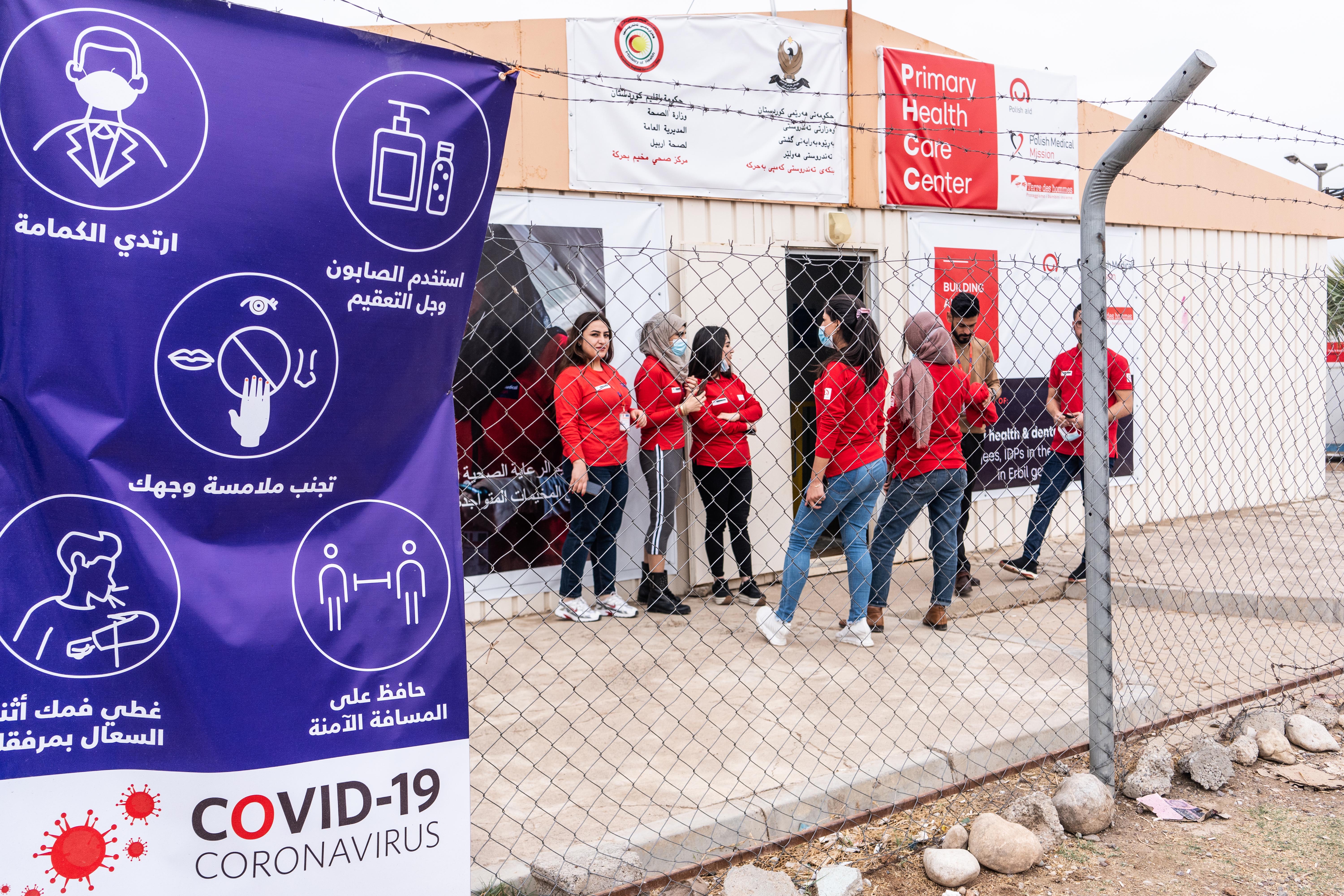 Display photo 2 in the gallery.
Display photo 2 in the gallery.
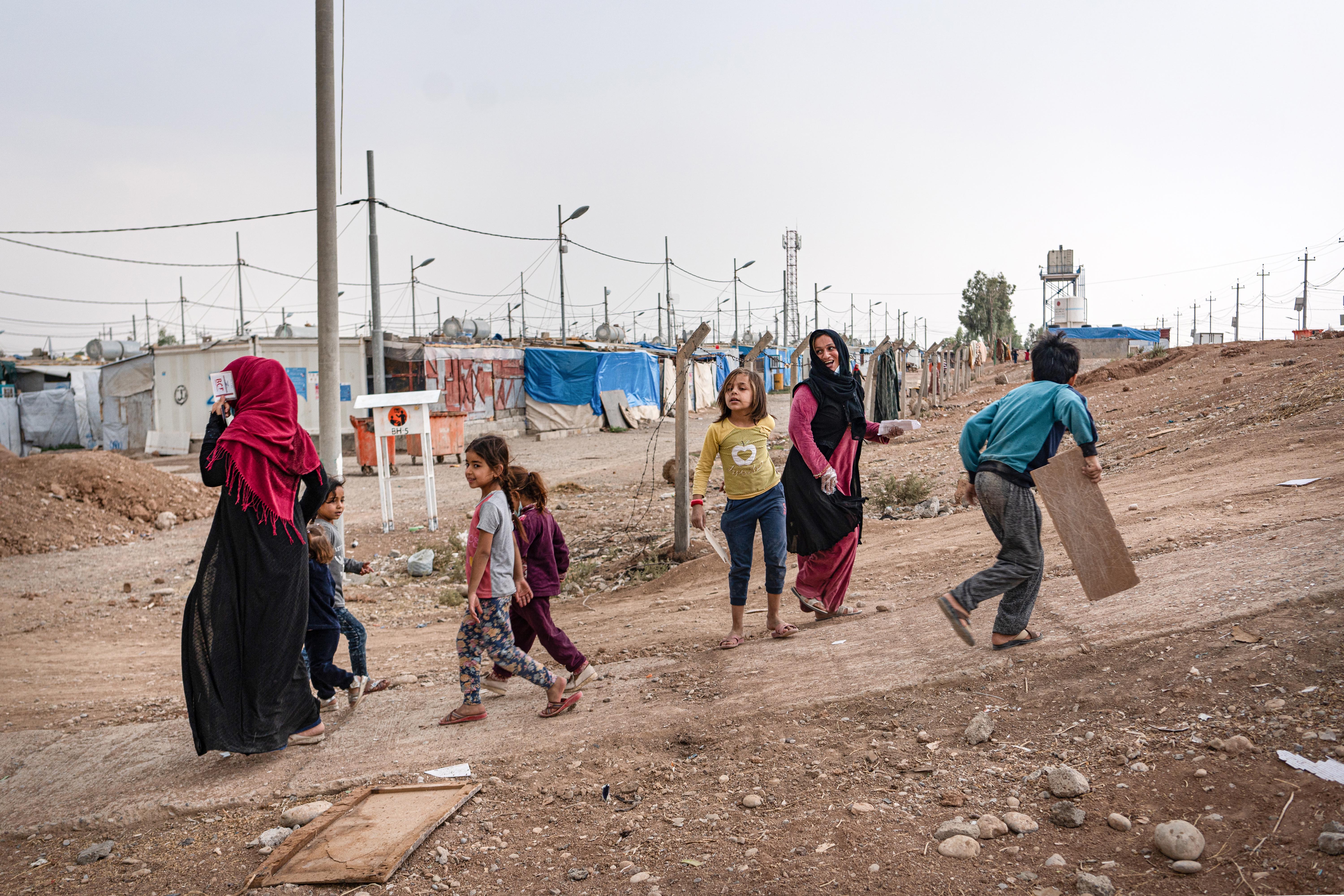 Display photo 3 in the gallery.
Display photo 3 in the gallery.
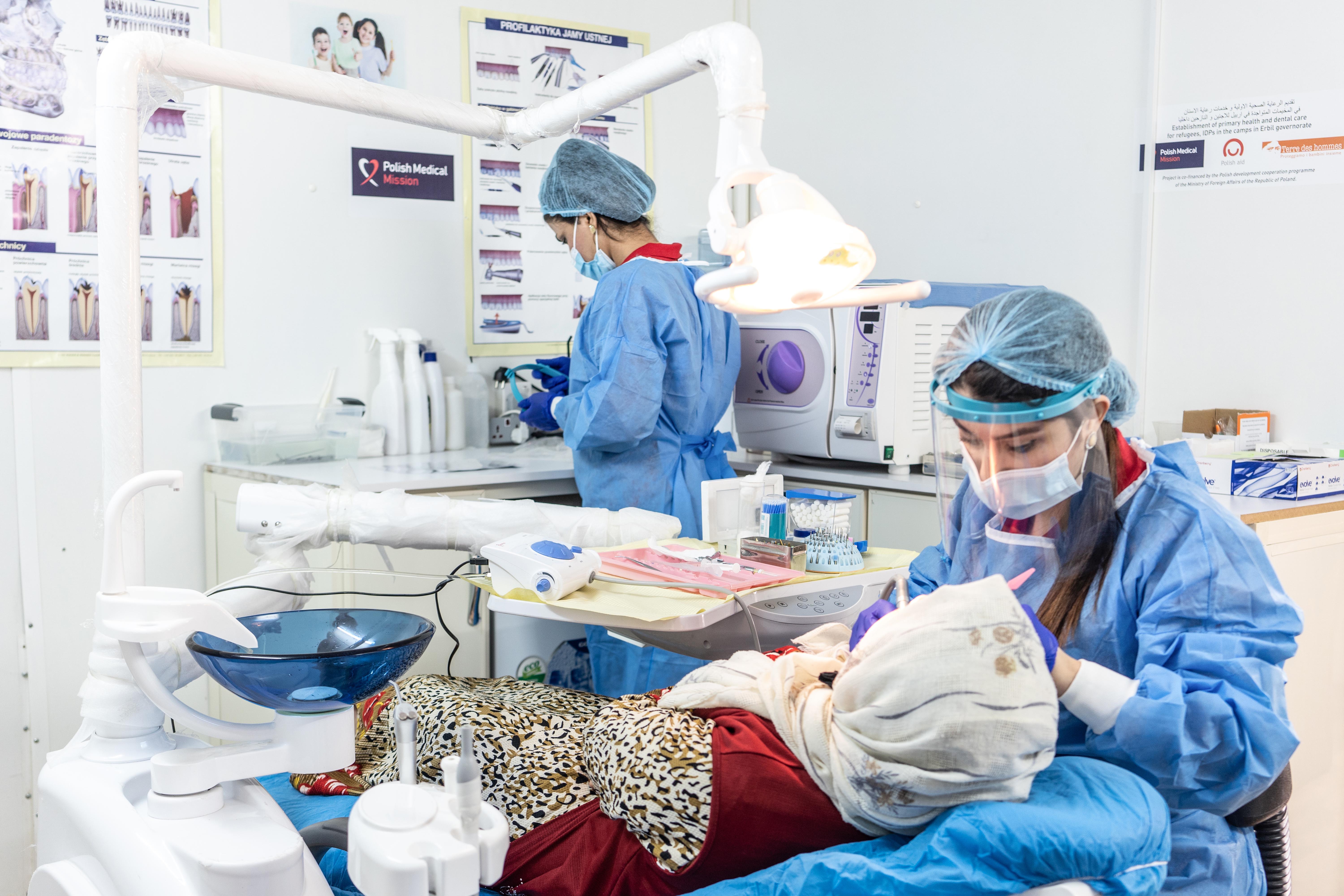 Display photo 4 in the gallery.
Display photo 4 in the gallery.
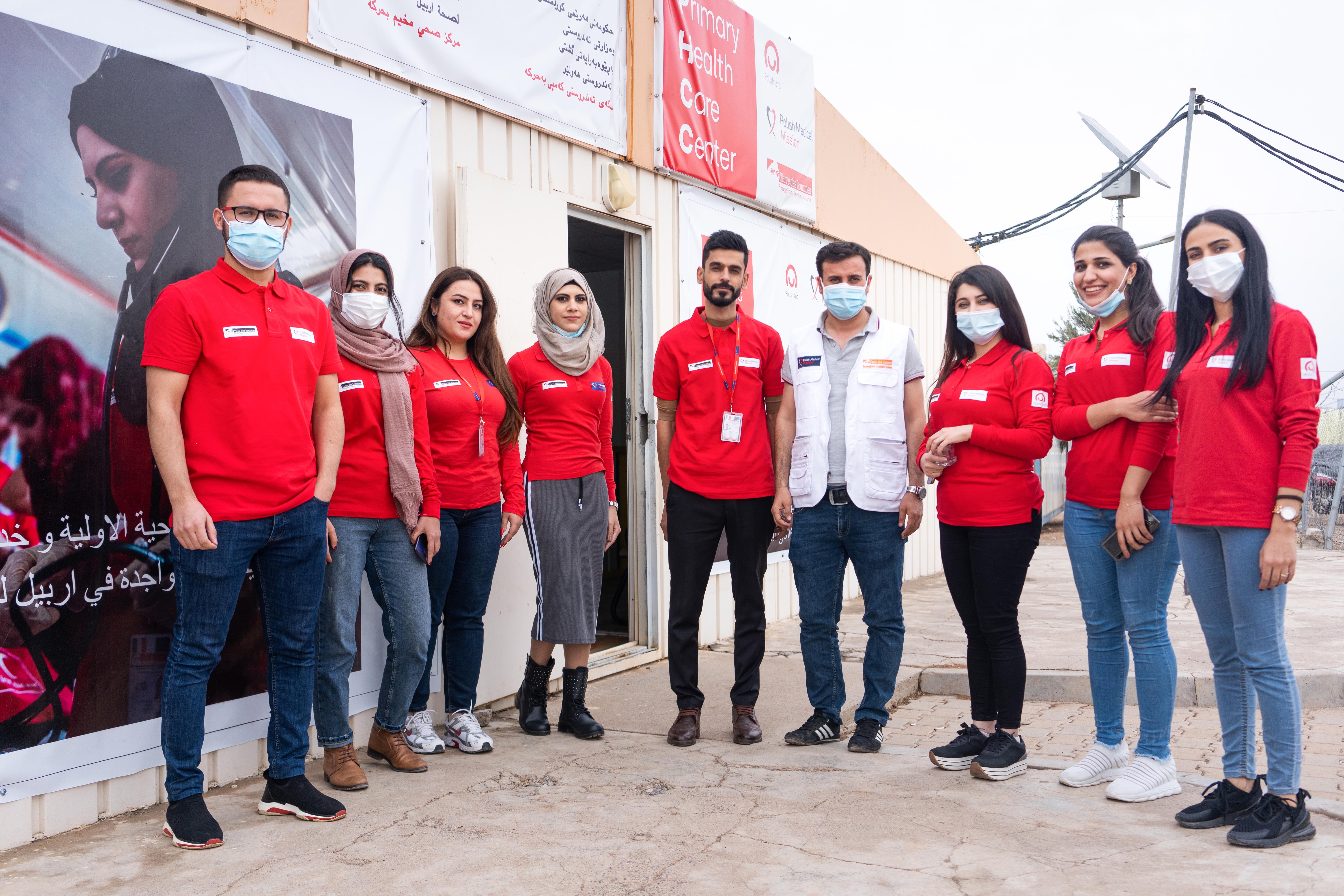 Display photo 5 in the gallery.
Display photo 5 in the gallery.
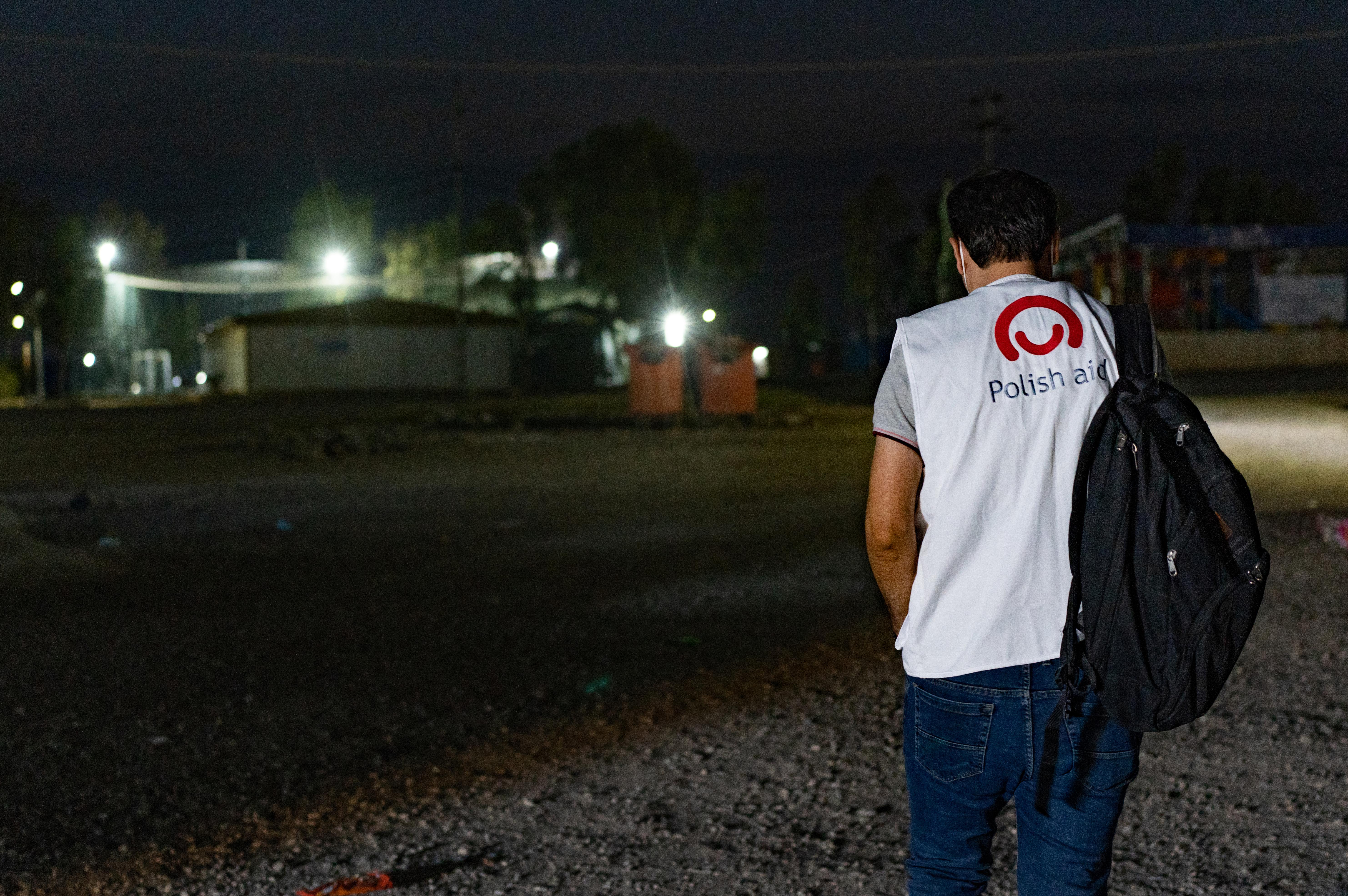 Display photo 6 in the gallery.
Display photo 6 in the gallery.
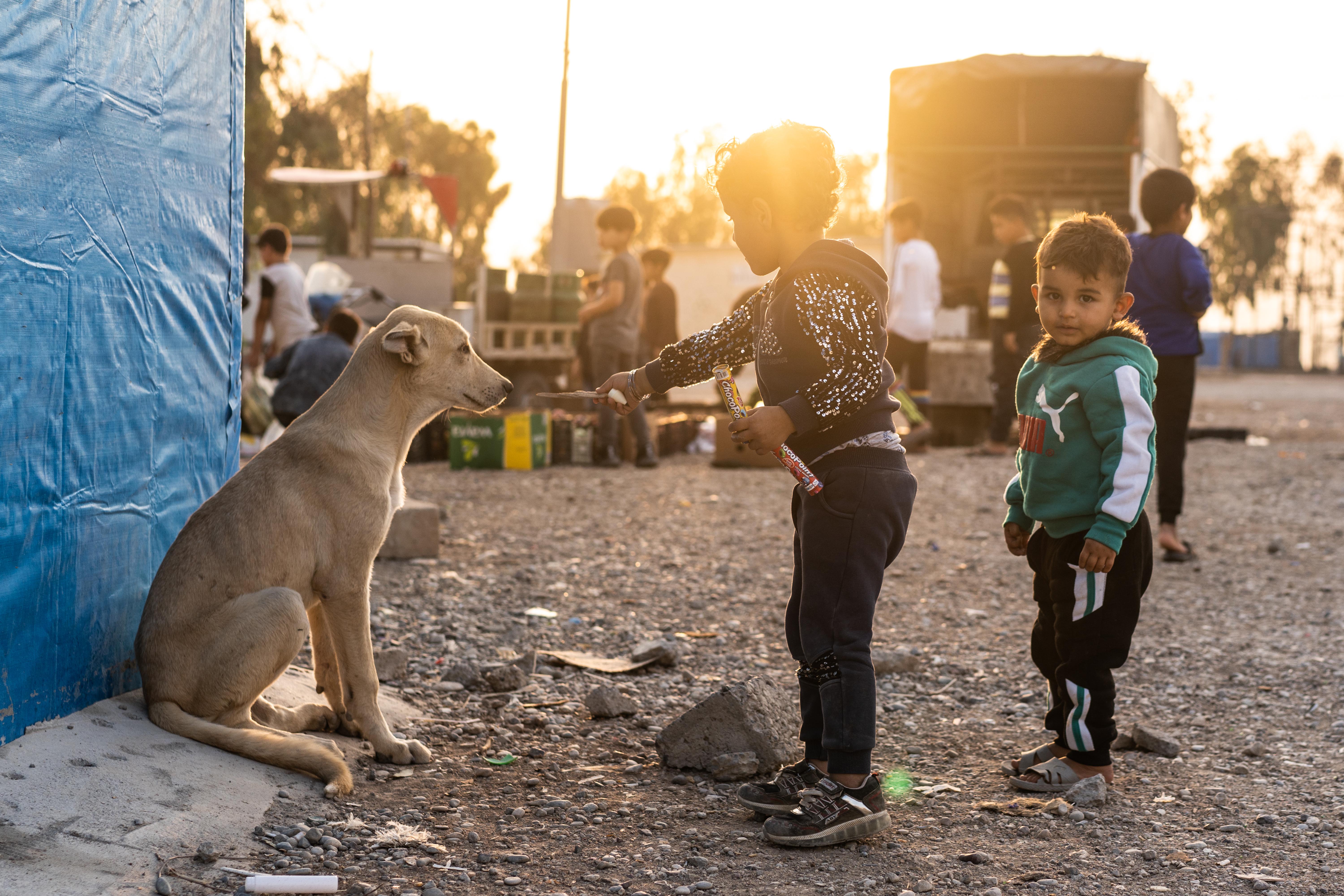 Display photo 7 in the gallery.
Display photo 7 in the gallery.
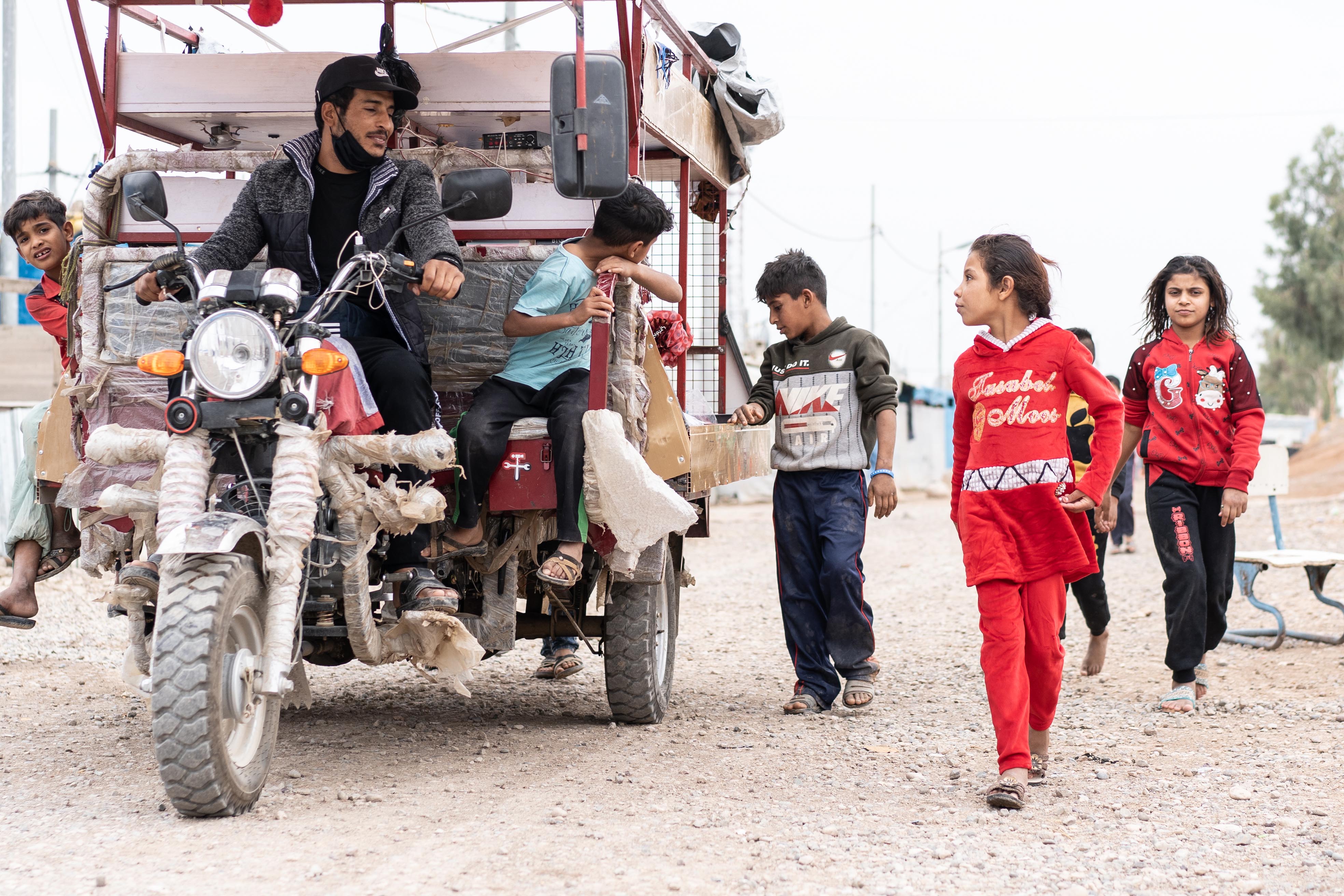 Display photo 8 in the gallery.
Display photo 8 in the gallery.
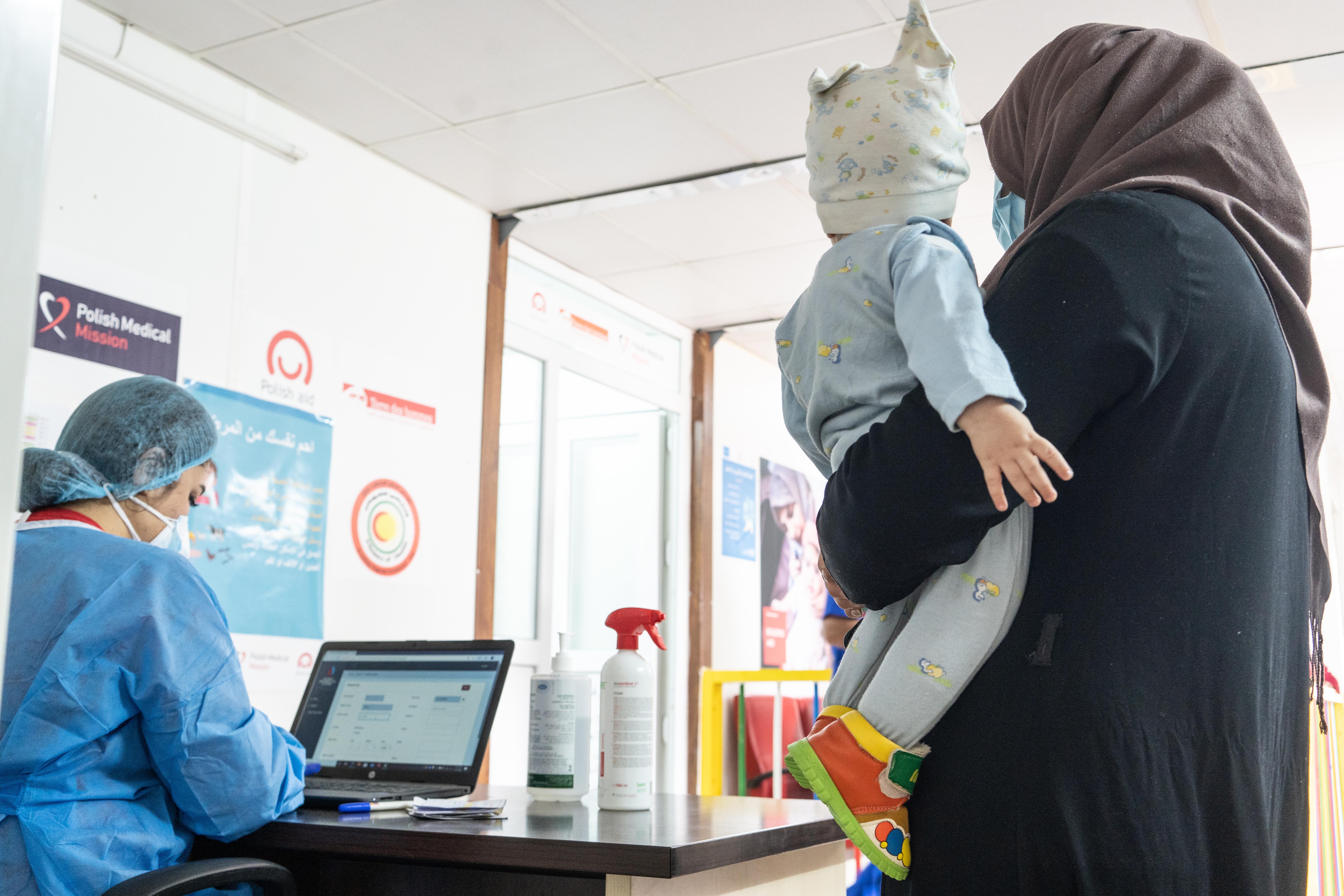 Display photo 9 in the gallery.
Display photo 9 in the gallery.
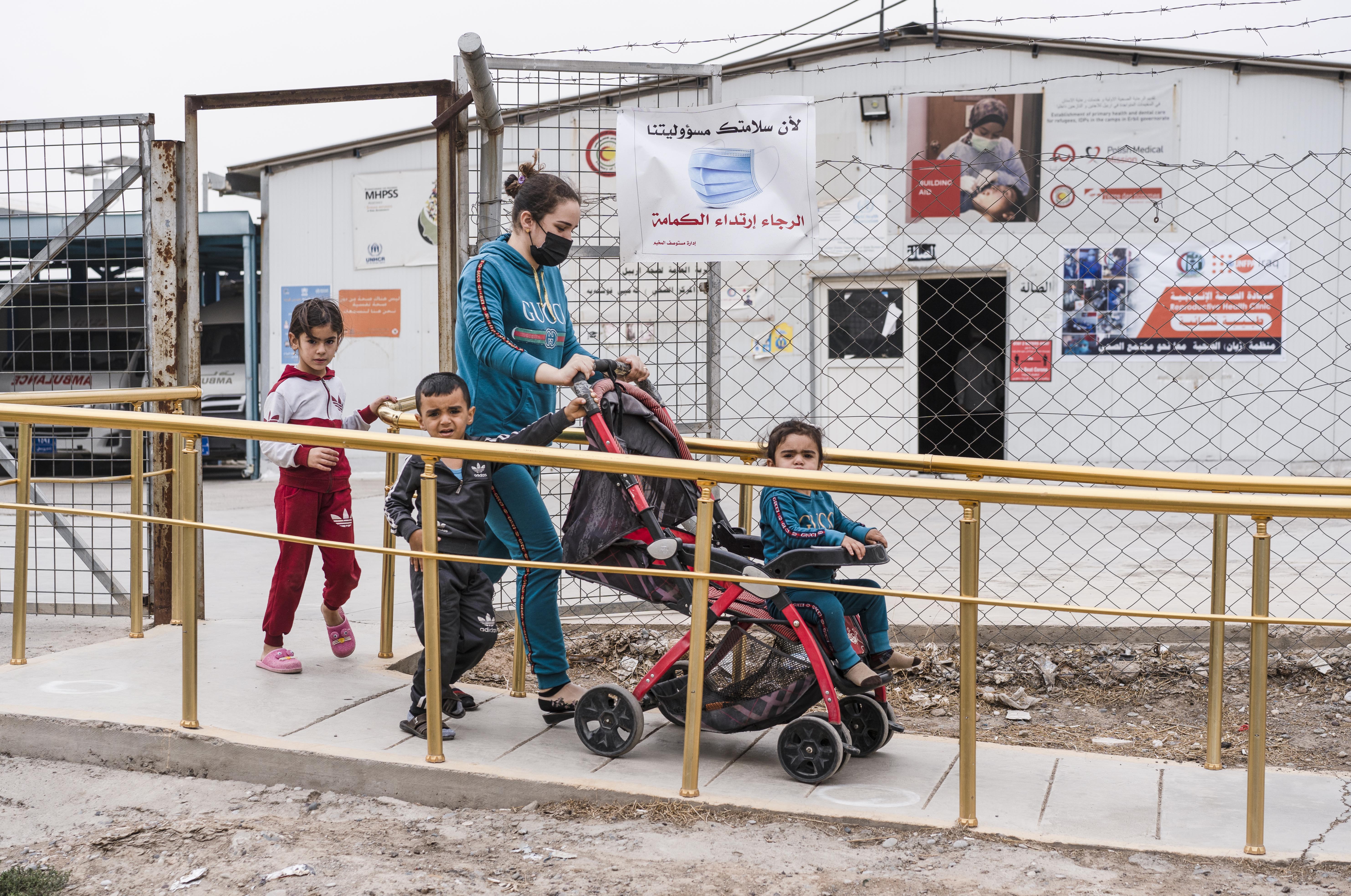 Display photo 10 in the gallery.
Display photo 10 in the gallery.
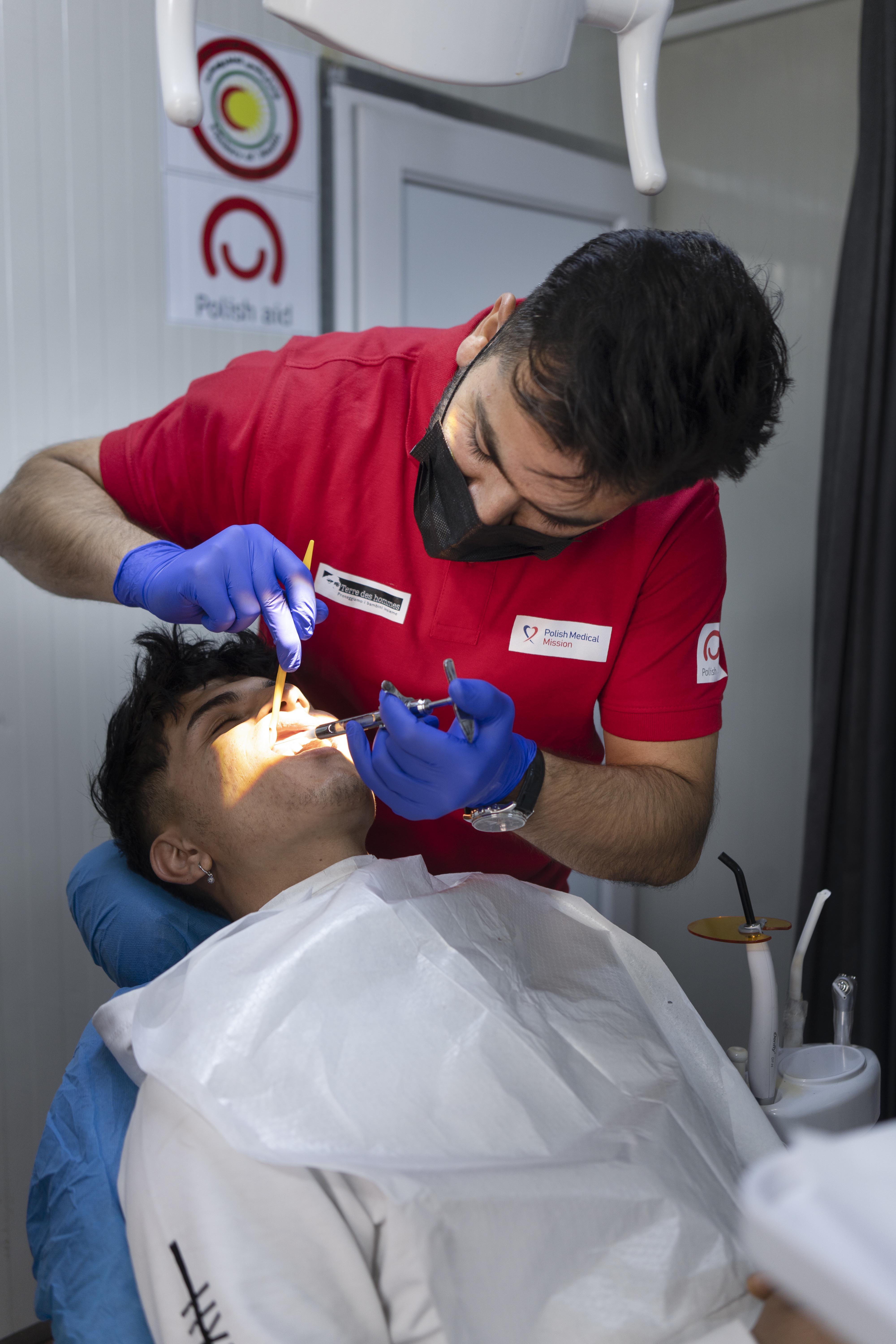 Display photo 11 in the gallery.
Display photo 11 in the gallery.
 Display photo 12 in the gallery.
Display photo 12 in the gallery.
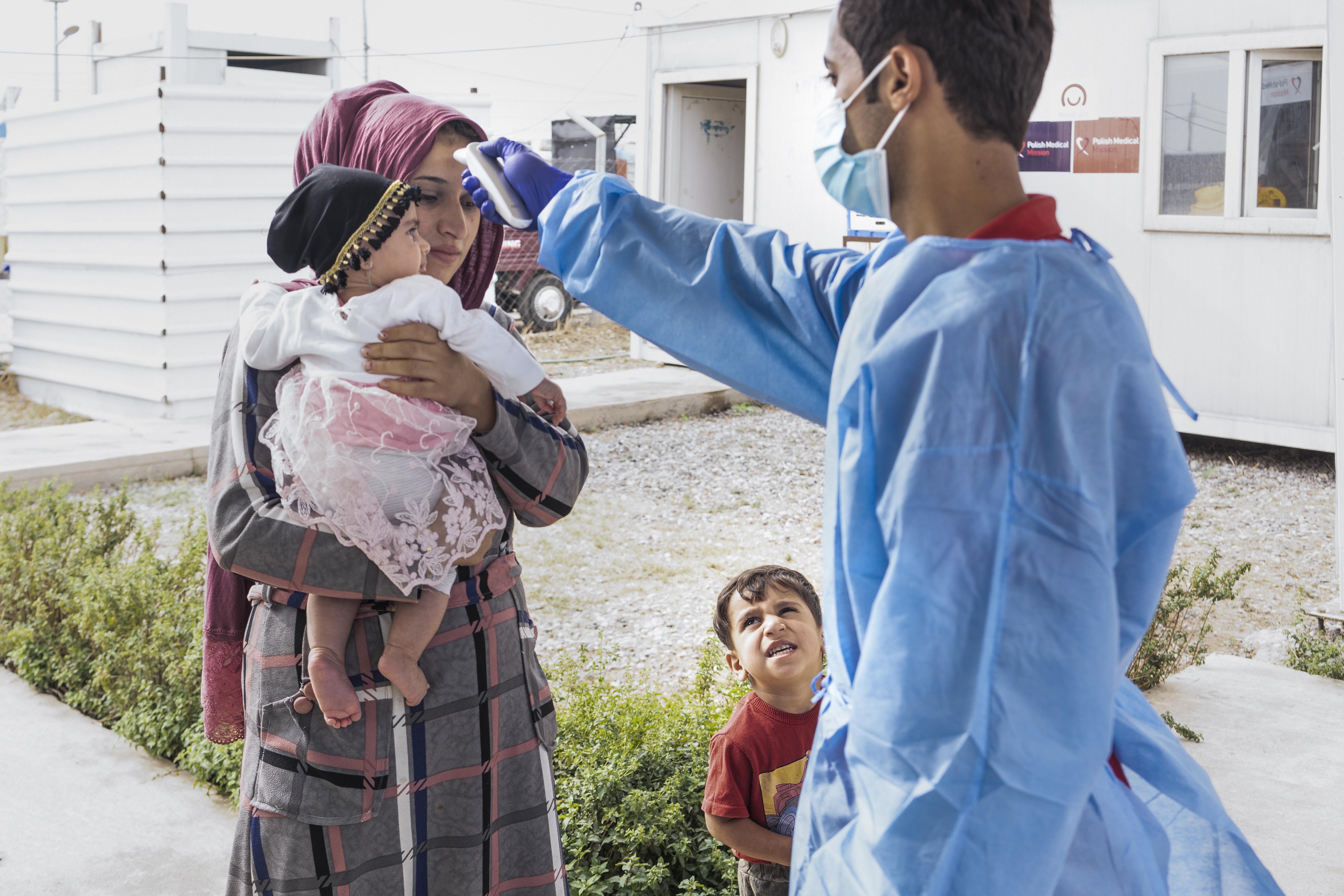 Display photo 13 in the gallery.
Display photo 13 in the gallery.
